INTERVIEWS
Quilian Riano
Interviewer: Greg Labrosse
Language of interview: English
Country of practice: United States
Profession: Architectural and urban designer and the Assistant Dean of the Pratt School of Architecture in Brooklyn, New York.
Quilian Riano is an architect, urban designer and artist interested in the social and environmental effects of architecture and urban production. He has extensive experience in community participation processes in Nicaragua, Colombia and the United States, and he is currently a professor at Kent State University (update: He was recently appointed Assistant Dean and Visiting Associate Professor at Pratt Institute’s School of Architecture). During our conversation, Riano talks about his interest in using design and community processes as tools to address social issues, as well as his work designing spaces for alternative justice, in relation to both his experience as a immigrant in the United States, and his collaboration with Indigenous communities, facing environmental and social challenges in their territories.
Through the case study of Corona Plaza, in Queens (NYC), he explains the concept of “pluralistic democracies” as the antithesis of the neoliberal policies of space. This project developed a participatory approach, and the use of playing and art as tools for social and spatial change. Further, Riano describes how he prefers to work with projects established from a local approach, since there are many cases in which communities have experienced participatory design processes that were only beneficial for institutions and universities, instead of the participants.
Moreover, Riano explains how community work can promote true social inclusion and more long-term, sustainable processes. He focuses on the importance of fostering open communication with communities and establishing feasible expectations. He underlines the importance of small scale projects and flexible spaces that can promote collective reconciliation for restorative justice processes.
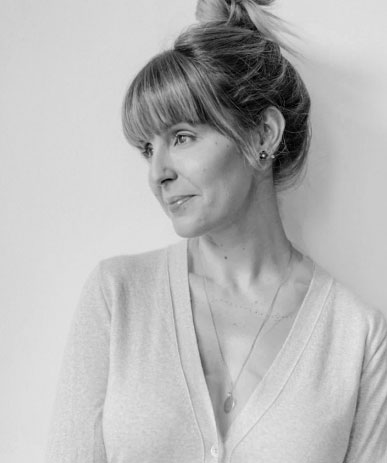
is an author, speaker, columnist, and podcaster in the fields of architecture and decorative arts. She is completing her MA in Art History at Concordia University, Montréal, and holds a Bachelor of Commerce with a major in Marketing from John Molson School of Business. She studied Industrial Psychology in Los Angeles, California. Sicotte is the author of two published books on design (2015, 2018) published by Les Éditions Cardinal.

is a Colombian PhD candidate in the Department of Art History at Concordia University. She has a background in architectural design and community activism and holds a master’s degree in Building and Urban Design from the Bartlett School of Architecture in London, England. Her interests focus on socially-engaged art, social movements, collaborative activism in post-conflict scenarios, collectively-produced art, and art produced in relation to the built environment.
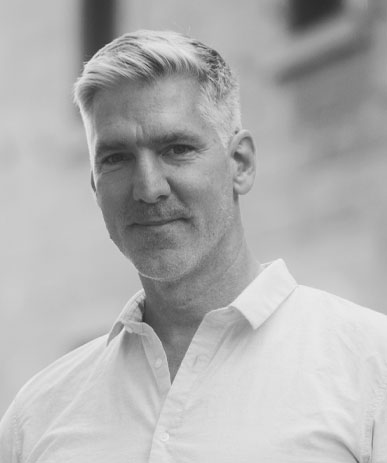
is a PhD candidate in Humanities at Concordia University. His research focuses on spatial agency, social aesthetics, youth narratives, and graphic representations of urban memory. He has published on the relationship between children, play, and public space in Cartagena, Colombia. He has also worked as an editor on literary projects, including Territorio Fértil, which received the María Nelly Murillo Hinestroza award for Afro-Colombian literature.
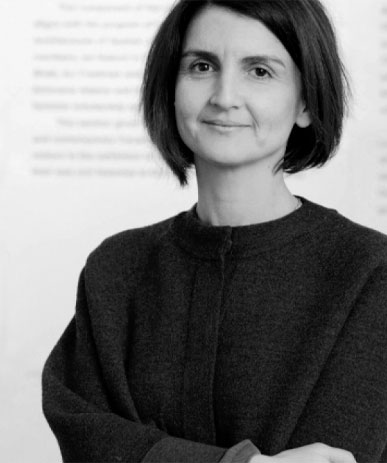
is Associate Professor and Canada Research Chair in Architectures of Spatial Justice (Tier 2) at the Peter Guo-hua Fu School of Architecture at McGill University, Montréal, Québec, Canada. Her research interests include low-income housing and participatory design, civil protest and urban design, and campus landscapes and race. Her publications include the co-edited book, Orienting Istanbul (2010) and solo-authored book, Istanbul Open City (2018).
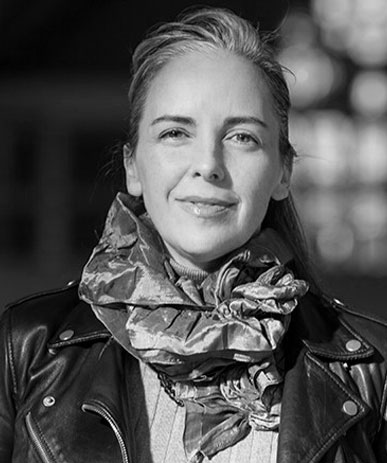
is an artist and a professor of Art History at Concordia University. Her work focuses on women and the history of the built environment, urban landscapes, research-creation, and oral history. She has published on the spatial history of the suffrage movement, public art, gardens, and the politics of urban change. In addition to her research on the spaces of restorative and transitional justice, she is leading an oral history project on the urban memories of diverse Montrealers.
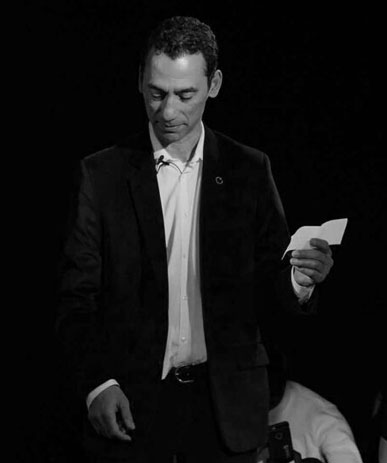
is Associate Professor in the Department of Theatre at Concordia University, Montreal (Quebec, Canada). He is also the second co-director of Concordia’s Centre for Oral History and Digital Storytelling. His latest publications explore listening in the context of post-conflict performances of memory. For instance, see ‘Facilitating voicing and listening in the context of post-conflict performances of memory. The Colombian scenario.’ In: De Nardi, S., Orange, H., et al. Routledge Handbook of Memoryscapes. Routledge: London. (2019), and his article ‘Not being able to speak is torture: performing listening to painful narratives’. International Journal of Transitional Justice, Special Issue Creative Approaches to Transitional Justice: Contributions of Arts and Culture. (March, 2020)